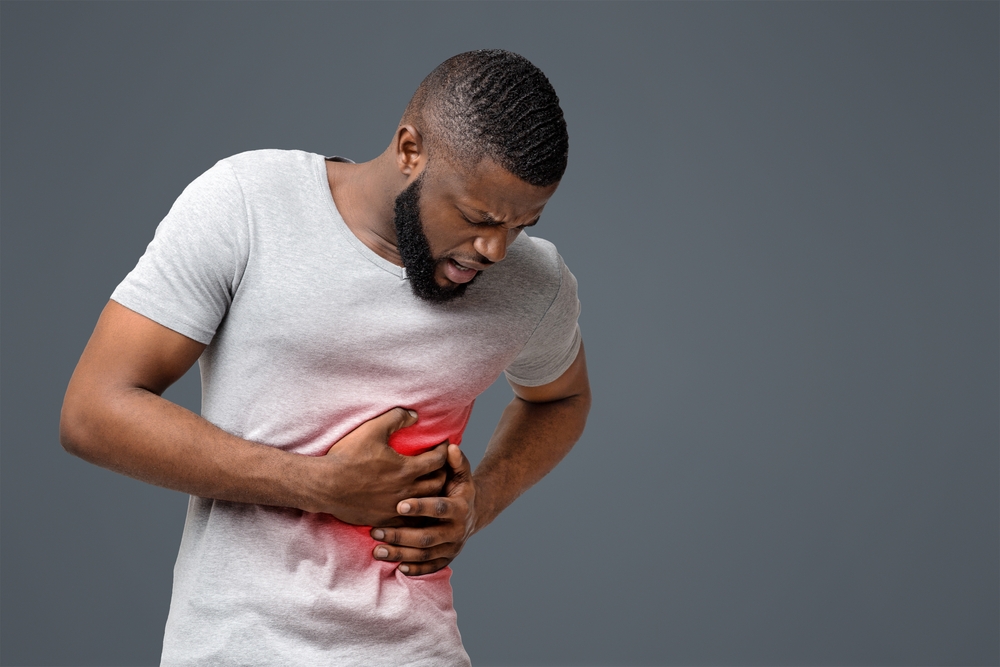The timing of your final meal might matter more than its content when it comes to liver health. While nutrition science typically focuses on what we eat, emerging research highlights when we eat as equally crucial for organ function, particularly for your liver. Eating dinner earlier in the evening aligns with your body’s natural biological rhythms in ways that fundamentally support liver recovery, regeneration, and overall function. This timing adjustment costs nothing yet potentially delivers profound benefits for your most hardworking metabolic organ.
Your liver performs over 500 essential functions, from processing nutrients and medications to filtering toxins and producing vital proteins. This remarkable organ works continuously, but its regenerative and detoxification processes intensify during specific hours that align with your circadian rhythm. Understanding this time-dependent nature of liver function reveals why dinner timing significantly impacts liver health independently of food choices.
Circadian alignment enhances liver regeneration
Your liver follows a precise daily rhythm controlled by “clock genes” that regulate its metabolic activities throughout the 24-hour cycle. These molecular timekeepers ensure that different liver functions peak at optimal times, with most regenerative processes occurring during early sleep hours, typically between 10 PM and 2 AM.
Eating late shifts these natural rhythms, forcing your liver to prioritize food processing when it should be focusing on repair and regeneration. Research shows that late-night eating disrupts the expression of these clock genes, potentially impairing the liver’s ability to maintain and repair itself properly over time.
This misalignment helps explain why shift workers show higher rates of liver dysfunction despite similar dietary intake compared to day workers. Early dinner consumption, ideally completed by 7 PM, allows your liver to transition properly into its regenerative phase by the time deeper sleep begins, supporting the organ’s natural renewal cycle.
Insulin sensitivity peaks with daylight hours
Your body’s responsiveness to insulin naturally follows a circadian pattern, with peak sensitivity occurring during daylight hours and progressively declining as evening approaches. This pattern evolved to match typical human activity and eating patterns, with insulin sensitivity optimized for processing nutrients during daylight when historically most food was consumed.
Meals consumed at different times produce dramatically different metabolic responses. An evening meal triggers higher blood sugar levels and requires greater insulin production compared to the same food eaten earlier, creating additional strain on metabolic organs, particularly the liver.
This increased evening insulin demand forces the liver to work harder processing glucose and regulating blood sugar levels precisely when its capacity begins natural decline. Early dinner timing aligns food consumption with your body’s optimal insulin response window, reducing the metabolic burden on your liver and supporting healthier glucose management.
Fat metabolism efficiency declines after sunset
Your body’s ability to process dietary fat undergoes significant circadian variation, with efficiency declining substantially after sunset. Research indicates that fat consumed in the evening is more likely to be stored rather than burned for energy, with the liver showing reduced capacity for processing lipids during evening hours.
Late dinners may therefore contribute to excessive fat accumulation in liver tissue, potentially leading to non-alcoholic fatty liver disease, now the most common liver disorder worldwide affecting approximately 25% of the global population. This condition develops when fat storage exceeds the liver’s processing capacity, gradually impairing function and potentially leading to inflammation and fibrosis.
Early dinner timing allows your liver to complete most dietary fat processing before its metabolic rate naturally declines. Studies show that simply shifting identical caloric intake to earlier hours significantly reduces liver fat accumulation even without changing food choices or total calories consumed.
Digestive enzyme production follows daily rhythms
Your digestive system produces enzymes according to well-established circadian patterns, with production naturally declining in the evening hours. This reduction affects not only stomach and pancreatic enzymes but also bile production and secretion from the liver and gallbladder, crucial for proper fat digestion.
Late meals force digestion to occur when enzyme availability naturally diminishes, potentially leading to incomplete food breakdown and increased formation of inflammatory byproducts that may damage liver tissue over time. This misalignment helps explain why late-night eating correlates with higher levels of inflammatory markers even when controlling for food choices.
Early dinner consumption aligns eating with peak digestive capacity, ensuring optimal nutrient extraction while minimizing production of potentially harmful metabolic byproducts. This synchronization supports more efficient digestion that reduces the downstream detoxification burden on your liver.
Detoxification pathways intensify during early sleep
Your liver conducts its most intensive detoxification work during the first half of your sleep cycle, with peak activity of crucial enzyme systems occurring roughly 2-4 hours after sleep onset. These detoxification pathways depend on sufficient energy and metabolic resources, which become limited when digestion simultaneously demands these resources.
Consuming food within 3 hours of bedtime significantly reduces the activity of key liver detoxification enzymes, potentially allowing greater accumulation of harmful compounds in the bloodstream. This disruption may contribute to the established link between late-night eating and various chronic liver conditions.
Early dinner timing creates a necessary fasting window that triggers enhanced activity of these detoxification pathways. Studies show that completing food consumption at least 3-4 hours before bedtime optimizes both the duration and intensity of these crucial overnight cleansing processes, supporting your liver’s natural ability to eliminate potentially harmful substances.
Sleep quality directly impacts liver recovery
The quality of your sleep directly influences liver health through multiple pathways, with poor sleep linked to increased inflammation, oxidative stress, and impaired metabolic function within liver tissue. Late meals frequently disrupt sleep architecture by altering body temperature, digestive activity, and hormone production during crucial early sleep phases.
Research shows that eating within two hours of bedtime significantly reduces time spent in the deep sleep stages most associated with liver recovery and regeneration. This sleep disruption creates a troubling cycle where impaired liver function further disrupts sleep quality, potentially leading to progressive deterioration in both areas.
Early dinner consumption allows your digestive system to complete most of its active processing before sleep begins, creating physiological conditions more conducive to high-quality restorative sleep. The resulting improved sleep architecture supports optimal overnight liver recovery processes that depend on proper progression through sleep cycles.
Implementing earlier dinner timing
Transitioning to earlier dinner timing proves most sustainable when approached gradually rather than through abrupt changes. Shifting your evening meal earlier by 30-minute increments every few days allows your hunger patterns and daily schedule to adjust more comfortably than immediate drastic changes.
Eating a more substantial lunch and lighter early dinner often facilitates this transition by distributing caloric intake more evenly throughout the day. This approach aligns better with natural metabolic rhythms while preventing excessive hunger that might otherwise undermine consistency with earlier dinner timing.
Light exposure management complements earlier meal timing by reinforcing your circadian rhythm. Seeking bright natural light exposure in the morning while minimizing intense artificial light in the evening helps synchronize your internal clock, making earlier dinner timing feel more natural as your hunger signals align with optimal eating windows.
Social considerations often present the greatest challenge to maintaining earlier dinner timing. When evening social events necessitate later eating, focus on lighter food choices and smaller portions to minimize impact. Remember that consistency matters more than occasional exceptions, with research suggesting that maintaining earlier dinner timing approximately 80% of the time provides significant benefits.
This simple yet powerful habit of completing your final meal earlier represents one of the most accessible yet overlooked approaches to liver protection. While nutritional quality remains important, when you eat may prove equally significant for supporting your liver’s remarkable capacity for maintenance, recovery, and lifelong health.











